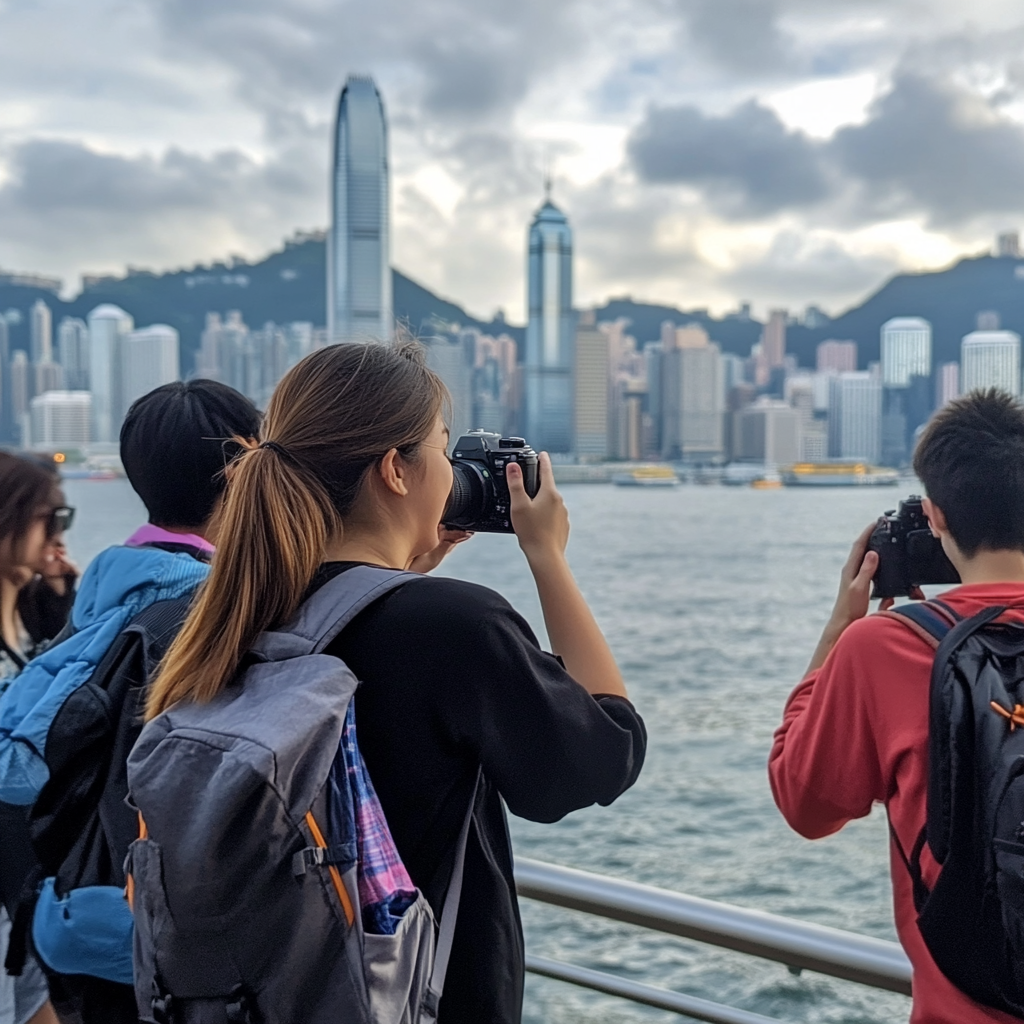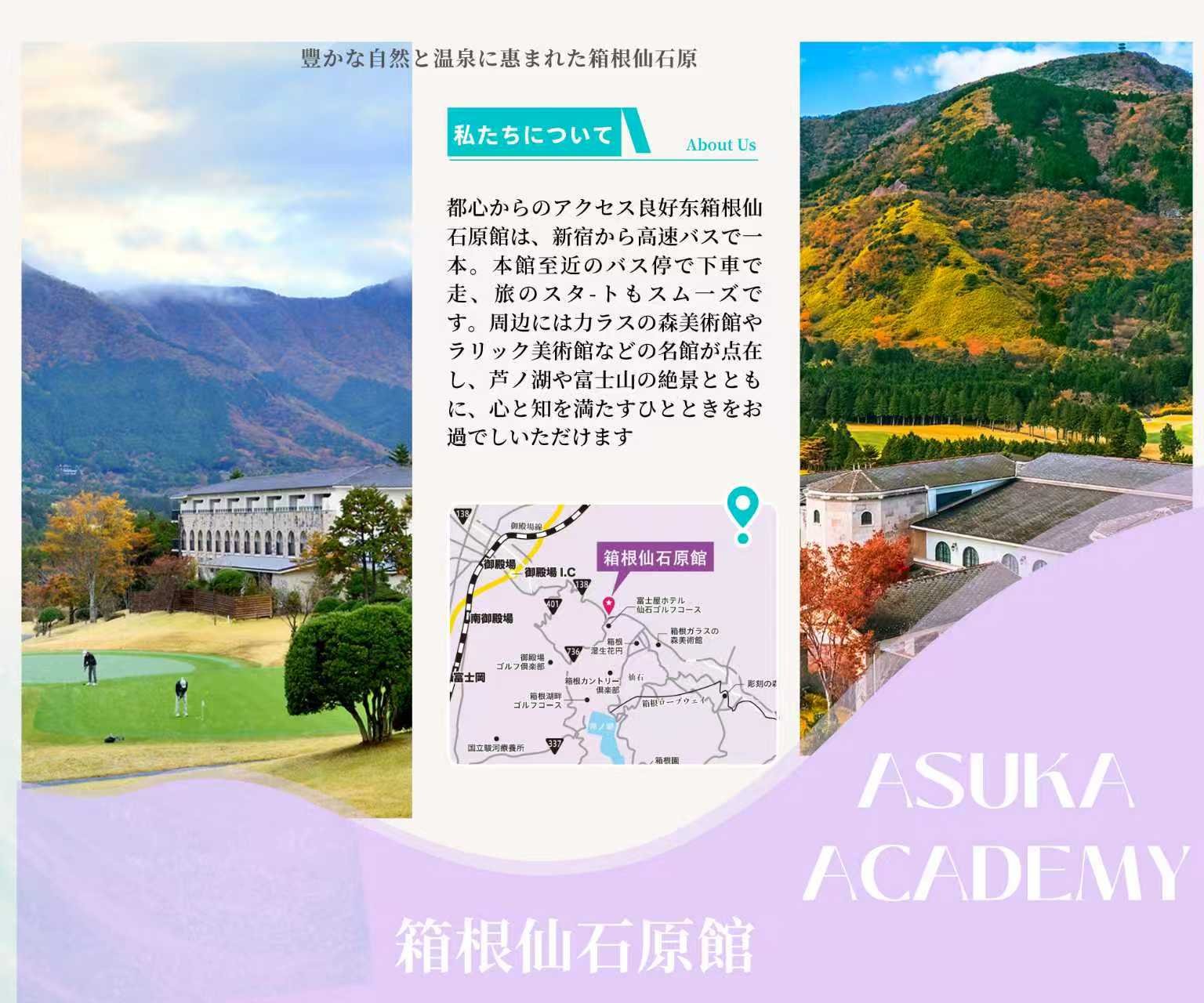The Hong Kong Special Administrative Region (HKSAR) government recently announced that starting from the 2024-2025 academic year, the enrollment quota for students from Mainland China, Macau, and Taiwan in six local private universities will gradually be increased to 40%, aligning with the quota for publicly funded universities. This move is seen as a key step in Hong Kong’s effort to establish itself as an international higher education hub. It marks a deeper integration of the dual-track system of privately funded and publicly funded education, and is expected to further promote the “Study in Hong Kong” brand, attracting global talent.

Private Universities Gain Equal Opportunities, Internationalization Potential Highlighted
This policy adjustment applies to six private universities in Hong Kong: Hong Kong Metropolitan University, The University of the Chinese University of Hong Kong, Hang Seng University of Hong Kong, Zhuhai College, Tung Wah College, and the Hong Kong Higher Education Technology Institute (THEi) under the Vocational Training Council. Education experts point out that private universities have demonstrated unique advantages in their internationalization efforts in recent years, with the proportion of non-local students steadily increasing. The relaxation of the quota will further unleash their potential.
Compared to the eight major public universities, private universities are more flexible in admitting non-local students. As their courses do not rely on government funding, they are free from restrictions on enrolling students from regions beyond Mainland China, Hong Kong, Macau, and Taiwan, and can more flexibly respond to global talent flows. Education expert Chen Zhaogen stated that private universities have been actively expanding international cooperation in recent years, offering diverse curricula that closely align with market demand. The relaxation of the quota will help them build a “small but specialized” internationalized education brand.
Policy Benefits Promote the Upgrading of the Education Ecosystem
The immediate impact of relaxing the quota lies in the financial stability and campus diversification of private universities. Data shows that universities with a higher proportion of non-local students tend to have better financial conditions and more prominent international profiles. Chen Zhaogen emphasized that private universities should seize this opportunity to attract students from Mainland China while expanding recruitment from ASEAN and Belt and Road countries, enhancing campus cultural diversity. He pointed out that Hong Kong needs talent in emerging industries such as green technology and artificial intelligence, and the inclusion of Mainland and international students will strengthen local research transformation capabilities. “Even if only half of the graduates stay in Hong Kong, it will significantly expand the talent pool,” he said.
However, implementing this policy also faces challenges. Issues such as limited accommodation resources and the allocation of teaching resources have become bottlenecks for expanding private universities. To address these, the Education Bureau will cooperate with universities to adopt a “gradual” approach, dynamically adjusting quotas based on each institution’s capacity, ensuring that the rights of existing students are not affected.
Government to Increase Scholarship Programs to Strengthen Talent Retention in Hong Kong
In line with the development of the education hub, the new policy report will formally propose establishing the “Study in Hong Kong” brand and plans to attract domestic and international talent through scholarships. According to the latest Times Higher Education 2025 World University Rankings, five Hong Kong universities have entered the top 100, maintaining a competitive edge in higher education. Sources revealed that the government will further expand the scholarship program, focusing on students from ASEAN and Belt and Road countries, and encouraging them to stay and work in Hong Kong after graduation.
This initiative echoes last year’s policy report, which introduced a comprehensive talent policy. At that time, the government allocated HKD 1 billion to the scholarship fund, increased the number of “Belt and Road Scholarships” to 150 per year, and relaxed the work visa requirements for non-local graduates. Legislative Council member Lau Chi-peng suggested that the government collaborate with businesses to introduce “accommodation + employment” packages, such as providing dormitories exclusively for international students or giving them employment priority, to enhance Hong Kong’s appeal to international talent.
Education Hub Construction Requires Both “Soft” and “Hard” Approaches
As a highly internationalized city, Hong Kong boasts world-class advantages in areas such as transportation, healthcare, and social welfare. However, sustainable development still requires both talent and funding to drive it forward. Education experts point out that relaxing the non-local student quota is not just an opportunity for quantitative growth, but also for quality improvement. Private universities can use this opportunity to optimize their curricula, such as offering programs that align with the industries in the Guangdong-Hong Kong-Macau Greater Bay Area or strengthening bilingual (Chinese-English) teaching capabilities to meet the demand for international talent.
In the long run, the success of the “Study in Hong Kong” brand will depend on a comprehensive experience that includes educational quality, employment prospects, and living convenience. The government needs to continue strengthening policies related to scholarships, accommodation, and visas, while also encouraging universities to establish industry-academic-research cooperation mechanisms to provide students with more internship and employment opportunities. As Lau Chi-peng stated, the competitiveness of Hong Kong’s education hub is not only about “bringing in” talent, but also about “retaining” them—only by helping international talent truly integrate into the local economy and society can the value of educational resources be maximized.
As the policy gradually takes effect, Hong Kong’s higher education sector is entering a new phase of internationalization. The “dual-track” system of private and public universities may inject more innovative vitality into the city and help it gain an advantage in the global talent competition.




